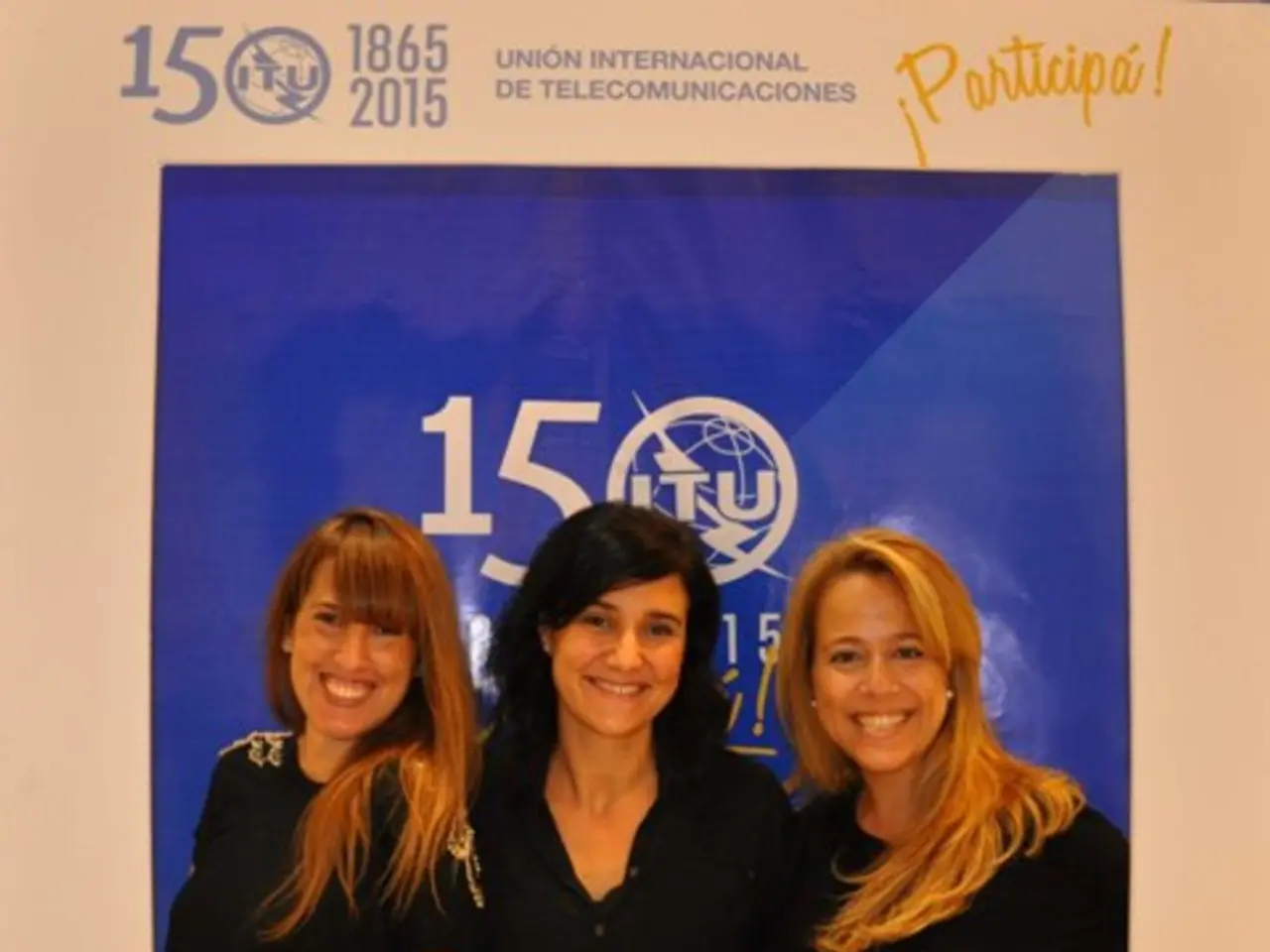Navigating Multiple Sclerosis: The Power of Shared Experience and Reciprocal Support
Support and Solidarity: Prenzlau Self-Help Group for Multiple Sclerosis (MS) Offers Community and Hope
In the heart of Prenzlau, a self-help group for individuals living with Multiple Sclerosis (MS) has been providing a supportive community for over two decades. This group, organised by Sabine Spann, meets once a month to spend time together, encourage each other, and engage in lectures, joint activities, and relaxed afternoons.
The monthly meetings take place in the rooms of the Green Pharmacy and the Reformhaus, which provide them free of charge. These gatherings offer a diverse range of activities, such as therapeutic riding, water gymnastics, and MS days, which open up new perspectives for members.
The Prenzlau self-help group values actively and positively shaping daily lives. It is a place where people with MS can exchange experiences, find emotional support, and exchange practical advice about living with the condition. This helps reduce feelings of isolation and promotes a sense of belonging.
Lothar Naeth, diagnosed with MS in 2017, highlights the importance of the group's strength and support in managing his condition. He is not alone in his sentiments, as approximately 3,000 people in Brandenburg and 200,000 to 250,000 people nationwide are affected by MS, an autoimmune disease whose causes remain unclear.
Genetics, environment, and lifestyle factors are thought to play a role in the development of MS. While unhealthy eating, lack of exercise, and consumption of alcohol are suspected to contribute to the disease, modern medications can often significantly slow down the disease course, as stated by Mathias Müller of the German Multiple Sclerosis Society (DMSG).
DMSG supports the Prenzlau self-help group and provides assistance with social security questions and advocates for the rights and interests of those affected. During the pandemic, the group remained closely connected through phone calls and digital channels, demonstrating the resilience and adaptability of this supportive community.
If you are interested in learning more about the specific programs in Prenzlau, you can contact REKIS Uckermark at telephone number 03984 833702. Sabine Spann describes the group as a community that enriches daily life and gives moments of joy. For those affected by MS, the Prenzlau self-help group offers hope and a sense of empowerment to manage their condition more effectively.
Read also:
- Exploring the Strength of Minimally Digestible Diets: A Roadmap to Gastrointestinal Healing
- Secondhand Smoke: Understanding its Nature, Impact on Health, and Additional Facts
- Could a Secret Heart Rhythm Device Infection Be Causing Your Illness?
- Child Water-shift Ailment Identification and Treatment: Recognizing Symptoms and Steps to Take





